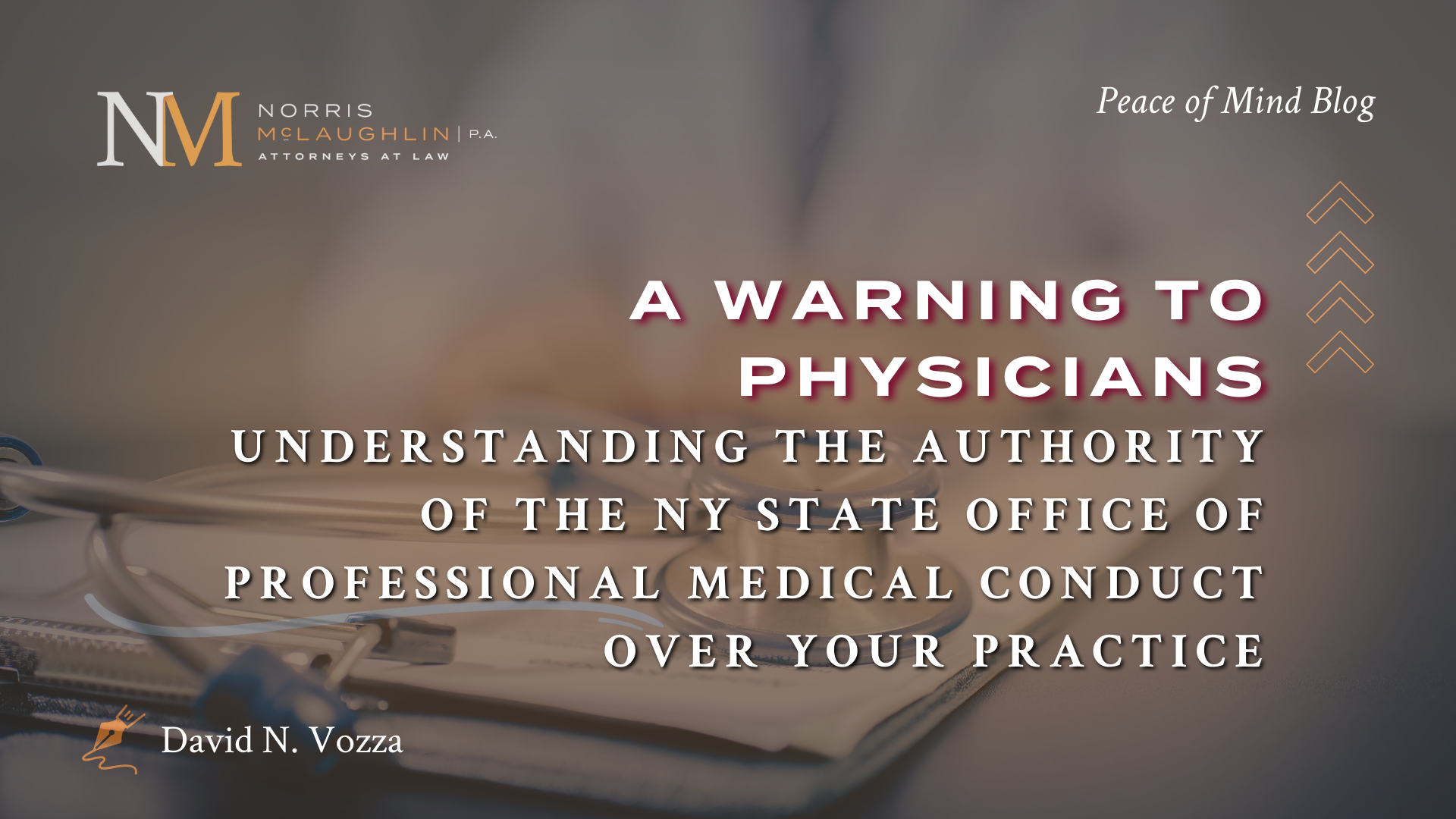OIG to Waive Sanctions for Providers’ Waiver of Telehealth Cost-Sharing Amounts During Coronavirus (COVID-19) Public Health Emergency

The Office of Inspector General (OIG) announced in a policy statement issued today, March 17, 2020, that physicians and other practitioners will not be subject to sanctions for reducing or waiving any Medicare or Medicaid patient co-pays or deductibles for telehealth services furnished to the patient during the period of public health emergency declared by the Secretary of the Department of Health and Human Services on January 31, 2020, in response to the coronavirus (COVID-19) pandemic.
Medicare/Medicaid Patient Cost-Sharing
Generally, a physician or other practitioner’s routine waiver of Medicare or Medicaid patient cost-sharing amounts, such as co-pays and deductibles, could subject the practitioner to sanctions and penalties under the Federal Anti-kickback statute and civil monetary penalty laws prohibiting inducements to beneficiaries. However, the OIG, recognizing the “unique circumstances resulting from the COVID-19 outbreak” and the importance and promotion of the use of telehealth services to prevent further spread of the coronavirus, has determined that it will not subject such practitioners to sanctions for waiver of cost-sharing amounts for telehealth services provided that:
- the practitioner otherwise complies with the then-applicable coverage and payment rules; and
- the telehealth services are furnished during the time period subject to the COVID-19 public health emergency declaration.
COVID-19: Public Health Emergency
A public health emergency declaration lasts until the Secretary of Health and Human Services declares it to no longer exist or 90-days after the declaration, whichever first occurs. The 90-day declaration period for the COVID-19 public health emergency would expire on April 30, 2020, unless the Secretary extends the declaration period.
The OIG noted in the policy statement that nothing in the statement requires practitioners to waive the telehealth cost-sharing amounts. The OIG also noted that the provision of free telehealth services during the COVID-19 Declaration would not, by itself, be viewed as an improper inducement to beneficiaries.
The OIG Policy Statement provides practitioners with greater ease in using an important tool to help in both the detection of the coronavirus and the prevention of unnecessary exposure of healthcare workers and other patients to the coronavirus.
If you have any questions concerning this post, please contact me at sjarvaweiss@norris-law.com.




